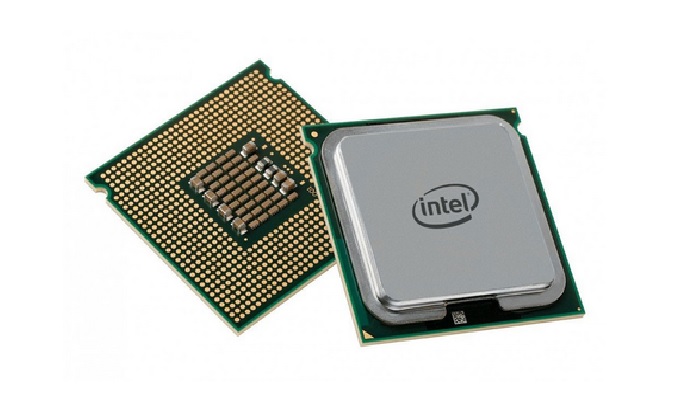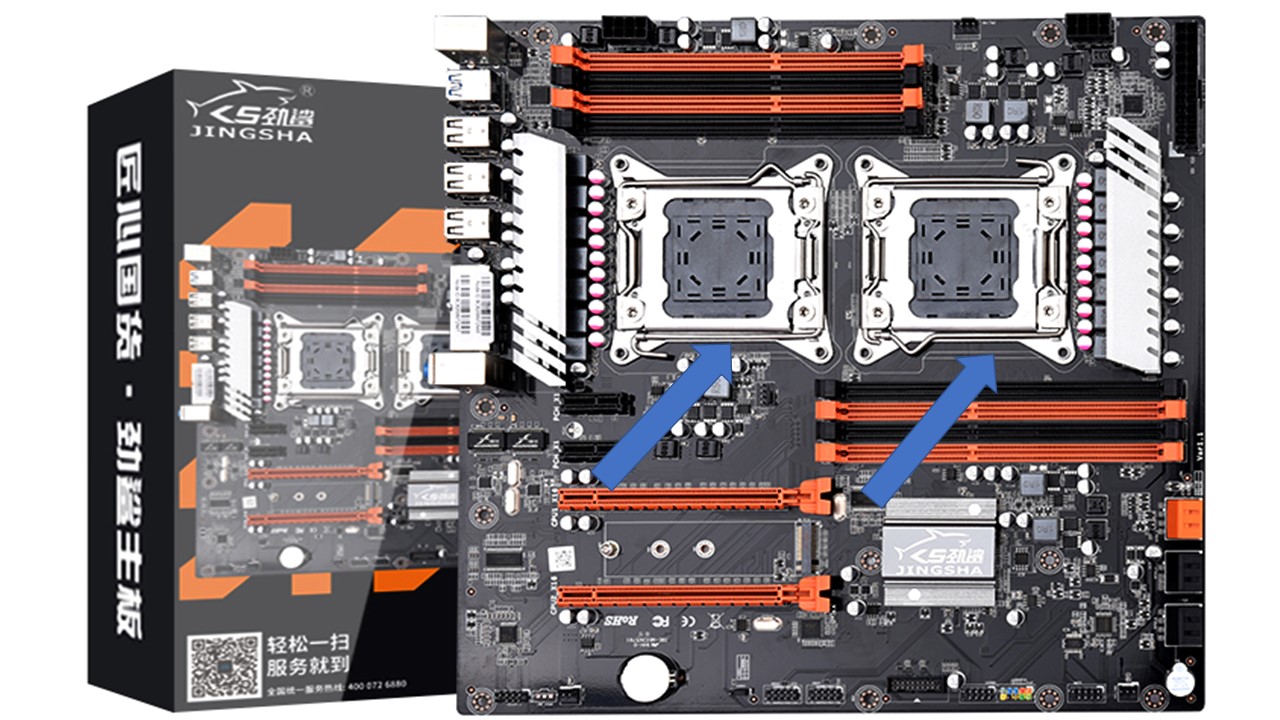In This Article
What is Dual Processor?
The term dual processor actually refers to two separate processors in a computer system that work together.
It is primarily used to meet intensive processing needs as well as improve the overall processing capacity and performance of the whole computer system.
KEY TAKEAWAYS
- A dual processor means two processors in a computer system that work in tandem.
- A dual processor is completely different from a dual core processor that has two cores in a single package.
- Two processors are typically used to improve the processing ability of a computer when the demand is high.
- These processors work only when the software programs and the operating system of the computer support them.
- Older operating systems such as Microsoft Windows 98 may not support a dual processor.
Understanding Dual Processor

When a computer system is equipped with two separate processors, it is said to have a dual processor.
These two independent processor chips can perform two different sorts of multiprocessing while working in unison to process data.
Ideally, the instructions are divided between the two processors which enhances the speed of operation of the computer as compared with the ones with a single processor.
Theoretically, when there are two independent processors in a computer, it can process double the amount of data in a second than a single processor can.
However, dual processors may cause a few bottlenecks at times because they share the same resources which include:
- The system memory
- The cache memory and
- The buses.
Therefore, there is a high probability that the overall performance of the computer will be slowed down if the programs and applications are not written well enough to take the full advantage of multiprocessing.
This means that the performance of a system with a dual processor is highly dependent on the way the application is written.
If it is good, then the machine will certainly perform at a much faster speed than a single CPU computer. However, this will hardly be twice as fast.

Purpose of a Dual Processor
The main purpose of using a dual processor system is to enhance the data processing ability of a computer when the demand is very high.
Ideally, a dual processor will work together to allow running several programs at once. It will also make the system much more efficient and a particular program will run much faster as well.
This is because the system will have two separate paths for data processing and therefore a larger number of instructions can be sent to them separately.
This will allow sharing the programs and reducing the workload of the CPUs since they will not have to run all the programs alone.
The software used in the computer will also be benefitted by a dual processor system.
Typically, a dual processor system is very useful in different fields that need to handle a large amount of data very quickly.
These fields include, but are not limited to:
- Research and development
- Data analysis
- Science
- Medicine and drug development
- Graphics design and rendering and
- Image and video editing and processing.
All these jobs will be significantly benefited by using the two processors and their cores to produce the desired results in just a couple of minutes instead of hours.
The larger number of processors you have, the larger amount of work can be shared and therefore two CPUs are better than one to make the computer system as a whole run faster.
The computer will decide automatically which is the best way to divide the work. You will not have to do anything yourself for that matter.
Are Dual Processors Better than Single CPUs?
Yes, typically, dual processor systems are much better than a single CPU system both in terms of stability and performance.
Ideally, using two independent processors in a single system means combining the power of two computer systems in one most effectively.
As compared with a single CPU, dual processor will give you a lot of additional things such as:
- More processing power
- More cores
- More threads
- More cache
- More PCIe or Peripheral Component Interconnect Express lanes
- More Random Access Memory or RAM slots and more.
However, all these will come at a cost and therefore, a dual processor is a bit of an expensive option.
Is Dual CPU Good for Gaming?
No. Period. If you are planning to play games only then a dual CPU is not recommended. This is mainly because most of the games are not optimized to use two CPUs or the extra cores and threads and are also not designed for parallel processing.
This means that all those additional cores, threads, RAM slots and others will be of no use to you. Moreover, having a second process will not increase the FPS as well. In fact, you may even lose on it.
Apart from that, you will also experience further issues such as jittering, stuttering and others that will certainly affect your gaming experience.
Therefore, if you still intend to use a dual processor for gaming, you will have to disable one of them to avert these issues and have a normal gaming experience.
And, even after that, do not expect to get anything exceptional. In fact, the performance of the system may still be subpar.
Things will slow down significantly because the instructions of a game are typically not designed for multiple processor setups.
In short, using dual processors for gaming is a sheer waste of money. It is like taking your Ferrari for shopping!
Therefore, leveraging two processors for a single workload is best for a specialist enterprise.
Advantages
- You can run two different programs at the same time
- You will get improved power efficiency
- You can use multithreaded programs more efficiently and expect a better performance
- Power consumption and heat are distributed and
- It offers higher core density, memory and connectivity options.
Disadvantages
- May create bottlenecks
- It is useless if the processes cannot use parallel processing
- Much higher power consumption in comparison to a regular consumer PC
- It does not help in gaming and
- It is expensive.
Dual Processor Vs Dual Core
- A dual processor computer means two independent CPUs, but a dual core processor is a single CPU with two cores
- Dual processors are physically separate, having two different sockets on the motherboard, but a dual core processor is combined in a single chip
- Dual processors usually have a larger total memory bandwidth in comparison to the dual core processors since they have an additional socket
- Some memory in a dual processor may be slower than the dual core processors depending on their connectivity and accessibility
- Dual processors will have double the number of cores if they are similar types of dual core processors and
- Dual processors offer larger cache, more RAM and more connectivity options than a single dual core processor.
Conclusion
A dual processor in a computer is quite useful for getting the job done much faster by dividing it among the two data paths offered by the two processors.
It will offer more RAM, cache, processing power, cores and threads to produce better and faster results, but it is expensive and is not good for gaming.